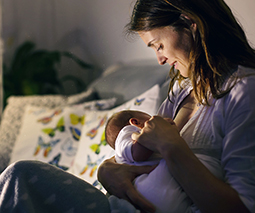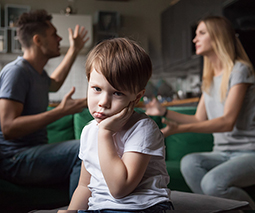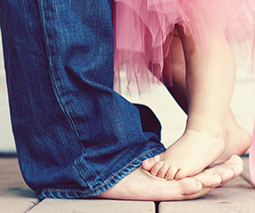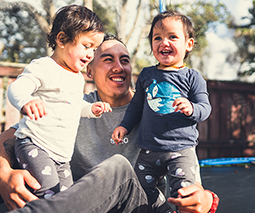How to help young kids process and grieve the death of a grandparent
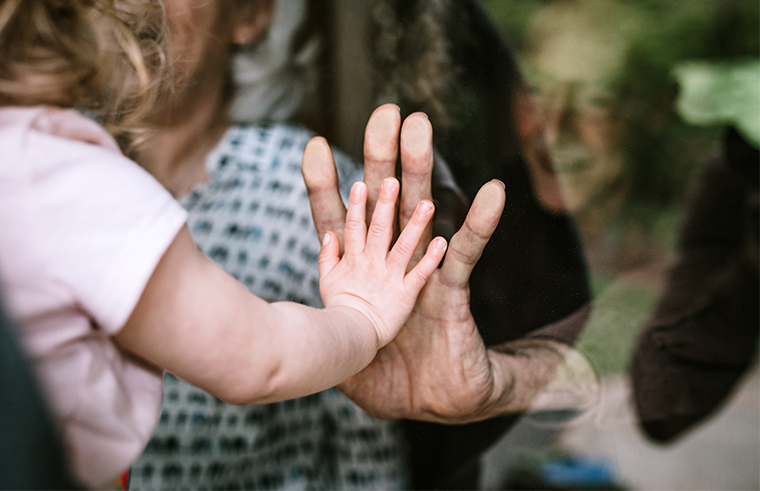
Death is hard for young children to understand, and in many cases a grandparent‘s death will be the first time they’ll experience losing a loved one. If you’re about to explain the recent death of a grandparent to your kids here are some things you can do to help them process their grief.
1. Communicate clearly
The best approach is to be direct and use simple language. While it may seem the nicer way to go about it, avoid using words or phrases such as passed away, resting, sleeping or loss. They can be extremely confusing to a child. You need to make it clear their grandparent is not coming back, rather than misleading them into thinking its temporary.
2. Be open to questions
Allow your child to ask as many questions as they want about what has happened. It’s important that children feel they can express their thoughts and concerns, but it’s best to stick to brief answers. Don’t be afraid to say you don’t know the answer to something if you’re not sure. Everyone has a personal faith or belief system, so whatever you decide to tell your child is completely up to you. Just be aware that some answers can lead to many more questions so be prepared for that.
3. Reassure them
Be mindful about giving your child too much information. If a child learns that their grandad died in his sleep they might be scared to go to sleep themselves. Be sure to make them feel safe about the other people they love and address any concerns they might have. If they do ask about whether you or another loved one will die soon too, you can comfort them with something like “I expect they will be around for a long time.” That way you won’t let them down if something does happen.
4. Comfort them
While you may be terribly upset yourself (particularly if it was one of your parents who passed away), try to still be a rock for your child. It’s okay for them to see you cry or express how sad you are, but if you’re emotionally and physically unavailable to them they may become very frightened. This is a time for family to come together and support each other.
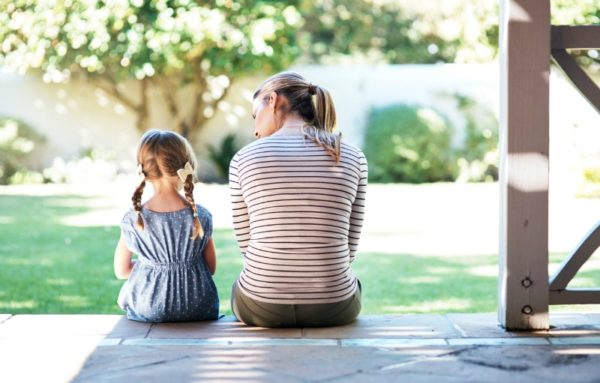
5. Use books and films
There are many children’s books and movies which incorporate themes around grandparents dying or death in general, such as the picture book Something Very Sad Happened and the Pixar film Coco. It can be a good idea to show these to your child to help explain what has happened to their grandparent and initiate conversations around the subject.
6. Embrace the memories
Help children cope with their sadness by allowing them to talk about their grandparent. Look at pictures and reminisce fondly about the time they spent together. Remembering the happy times and talking about how much their grandparent loved them will help young kids accept the impermanence of life and be less afraid. The topic of their grandparent should never become taboo.
7. Be patient
Some children may ask the same questions over and over again. Or want to look at memorabilia of their grandparent repeatedly, so remember to be patient with them and accept this is part of their grieving process. Your child may not grieve straight away. Sometimes it takes a while for it to sink in that they’re not going to see their grandparent again. Be prepared to go through the grieving process with them again much later on. Be patient with their feelings and the different ways they express them, whether that be through anger, denial, sadness or anxiety.
8. Consider involving them
Not everyone agrees that children should be present at funerals but it can be an important step in the grieving process. If you do decide to let them attend the funeral or wake, it may help to involve them in the day. Involving them could be something simple such as drawing a picture to put in the casket, or if they’re older they could read a special poem or letter during the service. Either way it’s important to discuss what will happen on the day beforehand so they know what to expect.
 Need some toddler behaviour advice? Our Parent School toddler experts can help. Click to find out more or book a one-on-one session.
Need some toddler behaviour advice? Our Parent School toddler experts can help. Click to find out more or book a one-on-one session.

